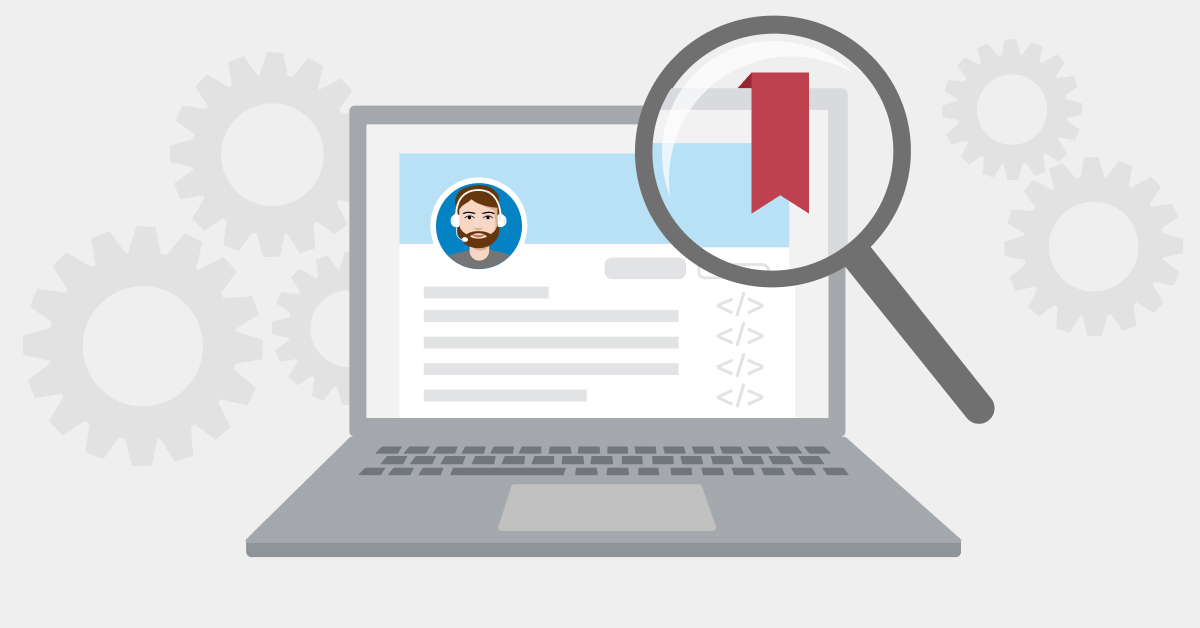Whether you’re a bright-eyed rookie or seasoned IT professional, chances are you’ve encountered the term ‘big data’. You may not have understood precisely what it meant at the time, but unless you’ve been living under a rock, you also probably know that big data skills are in high demand. That means that now is the perfect time to develop a better understanding. That includes learning about:
- The definition of big data, and how it has evolved over the decades
- Some of the leading use cases and niches in the big data space
- Industries which are making the most of big data applications and hiring
- How IT professionals can transition from other IT roles into the big data space
- How to sell big data within your organization, or how to get hired into lucrative positions
Are you concerned your existing skills aren’t as marketable as they should be in today’s digital data economy? Are you simply looking to determine the best learning path to cultivating marketable skills? In either case, you’ve discovered a great place to answer these questions, so let’s begin.
The Only Definition of Big Data You’ll Ever Need
You almost need a big data application to sort through all of the big data definitions on the internet. Want a simple definition to post on your cubicle wall, your Slack workspace, (or wherever you keep your treasure trove of knowledge)? Be sure to save this one from Gartner:
Big data is high-volume, high-velocity and/or high-variety information assets that demand cost-effective, innovative forms of information processing that enables enhanced insight, decision making, and process automation.
If you break this definition down, it helps to explain the big data opportunity further.
In other words, big data is:
High volume – Data is created at a rate of 2.5 quintillion bytes of data every day, or approximately 2.5 million terabytes. A lot of that is social media activity, yet social media sentiment can help companies to understand how customers truly value their brand, products and services.
High velocity – That’s a lot of data journeying through its life cycle in just one day!
High variety – There’s structured data like what exists in CRM and ERP applications. You’ve got unstructured data in e-mails, documents, and flying around the Internet of Things. Companies create data internally, access public data through the internet, and subscribe to other data services. Big data can process data across multiple channels.

Information processing includes business intelligence queries, data classification, and data visualization through executive dashboards. It also provides information which is processed, learned, and repurposed by Artificial Intelligence platforms.
Enhanced insight means the ability to drill through historical data to understand trends which relate to past performance and real-time activities. Advanced analytics can help business analysts to make educated predictions about what will happen in future based on patterns and reasoning.
Decision making in the age of data can be done with confidence, as many analytics applications and services can “reach across” multiple repositories of data in real time, process it, and return verifiable, authentic information. Manual business intelligence reporting systems which require extensive technical expertise are widely being replaced by device-agnostic, cloud-enabled, API-extensible analytics services.
Process automation: Need the latest sales, customer service, and manufacturing performance queries to be run against last year’s attainments monthly, and packaged into personalized reports for company executives? It’s only a matter of configuring reports and workflows.
Big Data Opportunities and Use Cases
Did you know that data science was declared the sexiest job of the 21st century? Some would argue that data engineers are sexier, but it’s a tight race. Data scientists are those who work and have backgrounds in math, statistics, advanced analytics and machine learning. If you aspire to be a data scientist, starting in the trenches as a data analyst is usually the entry point.
Data engineers are programmers that build systems, frameworks and programs in languages like Python. Apps which store, parse, and deliver data. Where these two roles intersect or overlap, that’s the big data “sweet spot” on the Venn Diagram.
Use cases of big data include sales forecasting, tracking invoice-to-cash cycle times, and building and running AI bots to handle high-volume, low-complexity customer service inquiries.
Hot Industries for Big Data
Organizations in regulated industries, high-growth and companies which create and process lots of information are ideal environments for big data. Leading examples include:
- Financial services including banking, securities, and insurance
- Healthcare
- Education
- Government
- Legal
- Retail
- Utilities
- High technology and communications
- Media and entertainment
- Manufacturing
That’s a pretty broad set of industries, which translates into a lot of opportunities for those with the right skill set.

4. How Can I Transition From My Current Role into Big Data?
Enroll in our Skillup online courses like our Introduction to Big Data, Processing Big Data with Azure Data Lake Analytics, or Ethics and Law in Data and Analytics. If you have a background in cloud services like Microsoft Azure, Google or AWS – analytics training and certification can open new doors to career opportunities you never dreamed of.
5. How do I Get My Business to Invest in Big Data, or Do I Get Hired Into a Data Specialist Role?
Finally, complete one of the introductory courses above and pitch the key points, with the insights from this article, to the hiring manager or stakeholders.
Looking for more ways to improve your skills, accelerate your career in the data economy, or get more value from your data assets? Browse our course library and learn about the leading big data processes and tools.

CEO, SkillUp Group

